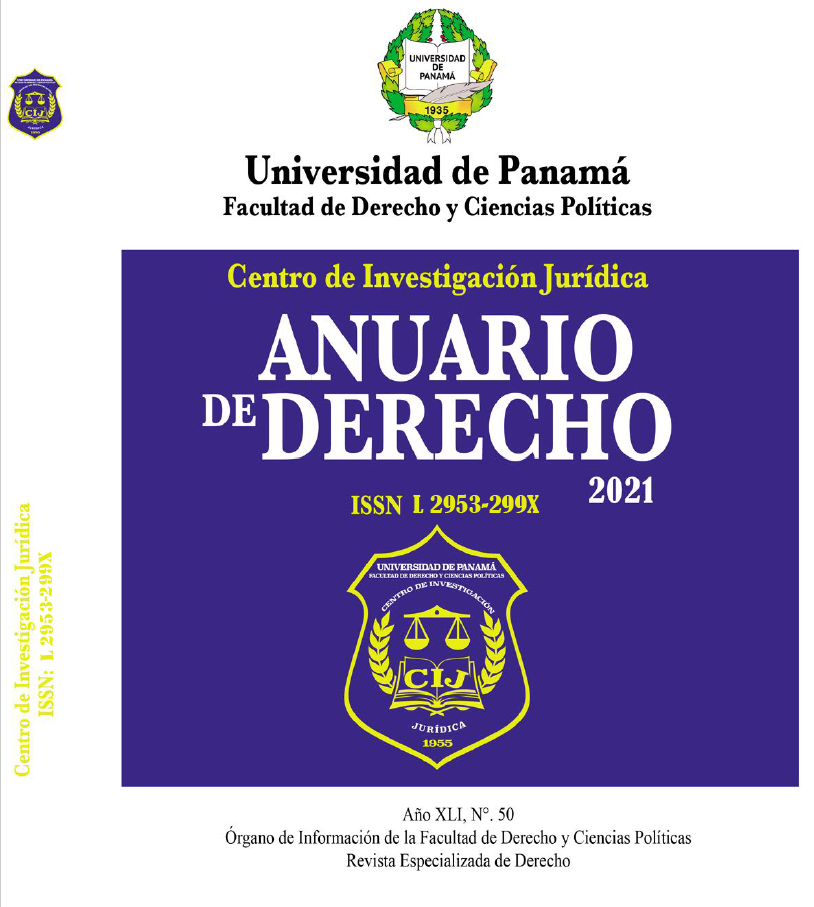

Copyright (c) 2022 Anuario de Derecho

This work is licensed under a Creative Commons Attribution-NonCommercial-ShareAlike 4.0 International License.
The author briefly and concisely attempts to clarify the most important issues regarding the arbitration clause as the genesis of the arbitration process, understood as that written agreement, in which the contracting parties, based on the principle of the will of the parties, decide by common agreement, to submit to arbitration as an alternative means of dispute resolution; Similarly, it will treat its substantive effect, which lies in the obligation of the parties to comply with what has been agreed, that is, to resolve their discrepancies by means of arbitration, and its procedural effect, consisting in the principle of exclusion, where arbitration as such excludes the ordinary courts of justice from any jurisdiction to decide on the resolution of the conflict; the pathology of the arbitration clause, consisting of an arbitration agreement that may have an error or defect that could put the arbitration process at risk; its invocation focused on the ideal party to request it, as well as the opportune procedural moment, the latter understood as the term established to carry out a procedural action; its direct consequences on the healthy development of the arbitration process and the resolution of the same so that the arbitration can be completed; the author adds his conclusions from what has been developed.